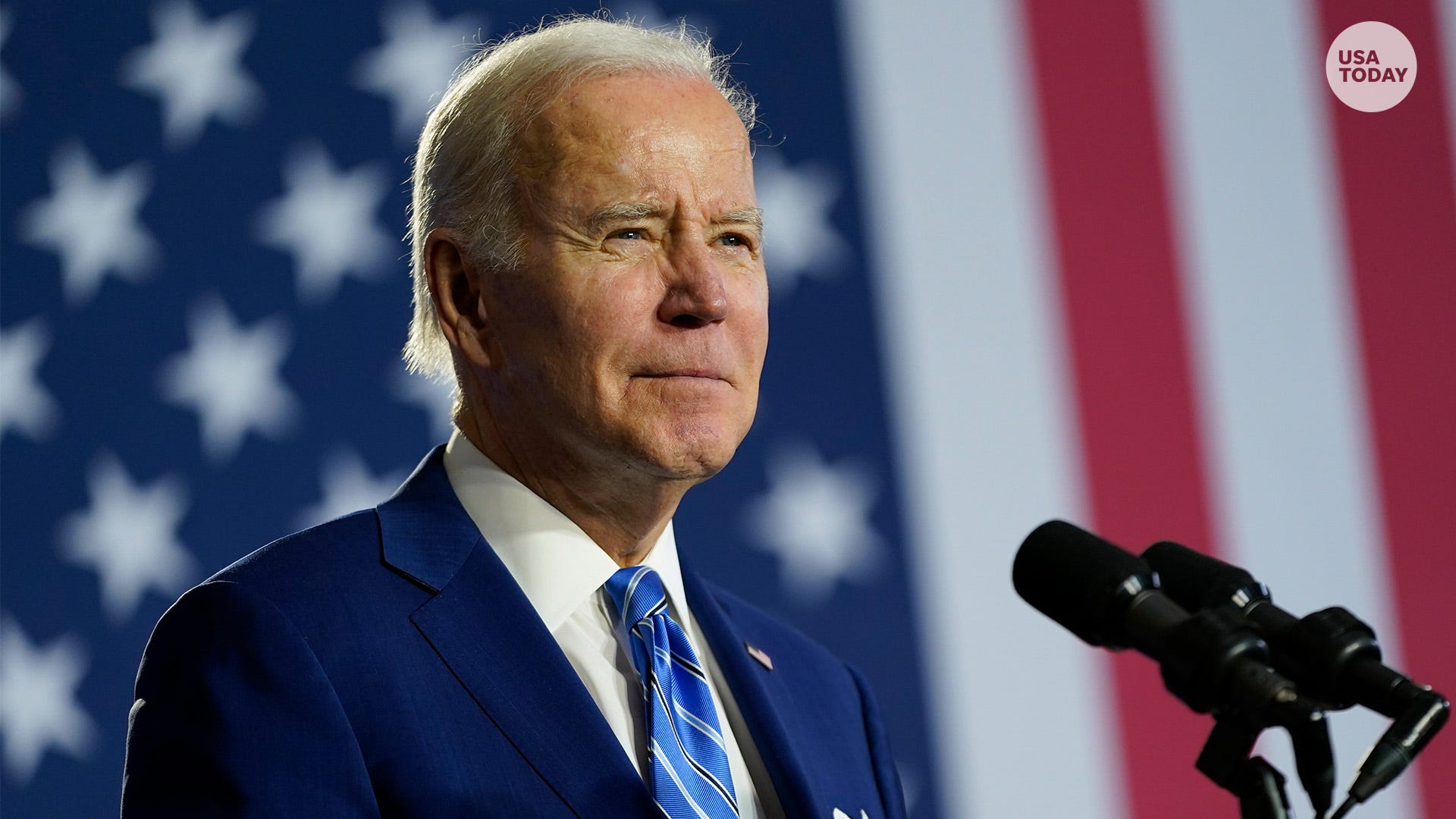
Joe Biden vows to not cut ‘sacred trust’ of Social Security, Medicare
President Joe Biden spoke about the future of Social Security and Medicare during a trip to Tampa, Florida.
Cody Godwin, Associated Press
Medicare will begin collecting penalties in 2025 from pharmaceutical companies that raise prices on prescription drugs faster than the rate of inflation, the Centers for Medicare and Medicaid Service said this week.
And on April 1, Medicare enrollees on Part B drugs, typically administered by a doctor, might benefit from more moderate coinsurance charges, CMS officials said.
Medicare’s rebate authority comes from the Inflation Reduction Act, which also empowers the federal government to negotiate prices for some of Medicare’s costliest drugs.
The federal law “lowers out-of-pocket drug costs for people with Medicare and improves the sustainability of the Medicare program for current and future generations,” said CMS Administrator Chiquita Brooks-LaSure.
More: Why drugmakers have raised prices on nearly 1,000 drugs so far this year
How do Medicare’s rebates work?
Drug companies must limit annual price increases to the rate of inflation. Firms that raise prices at a higher rate will be billed the difference beginning in 2025. Companies that refuse to pay will be assessed a penalty equal to 125% of the rebate amount.
The money will go to Medicare’s trust fund, which is used to pay claims for the federal health program.
How will consumers benefit?
Enrollees won’t get checks or other direct payments from the rebate program. But recipients who get Part B drugs administered in a medical office will see some modest benefits.
Consumers typically must pay coinsurance equal to 20% of their Part B drug costs after reaching their deductible. If a drug company raises the drug price above the rate of inflation, a consumer’s coinsurance amount would be capped up to the inflation rate.
And in 2025, Medicare caps out-of-pocket spending at $2,000.
Are the rebate rules finalized?
The Centers for Medicare and Medicaid Service released draft guidance Thursday on the rebate program and will solicit feedback from the public over the next 30 days before finalizing details.
Earlier this week, the Health and Human Services Office of Inspector General issued a report flagging potential challenges for Medicare’s rebate program. It said Medicare would face challenges identifying which Part B drugs to select for rebates and accounting for other federal rebate programs.
Dig Deeper
Ken Alltucker is on Twitter at @kalltucker, or can be emailed at alltuck@usatoday.com.

